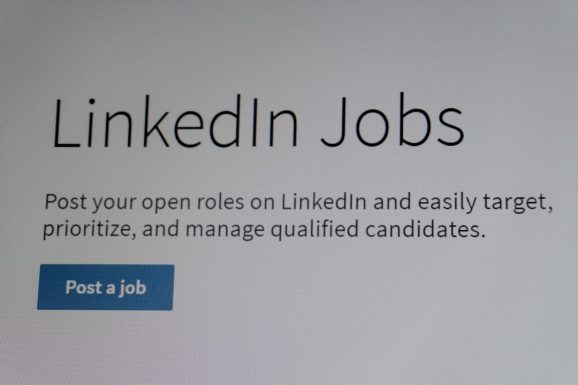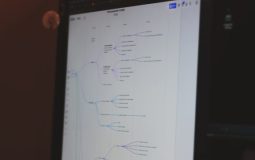As remote work becomes the norm rather than the exception, People Operations teams face unique challenges in managing distributed workforces. These challenges demand innovative solutions, and this is where artificial intelligence (AI) tools step in. With the right AI-powered platforms, People Ops professionals can maintain high levels of engagement, streamline processes, and improve employee experience regardless of location.
This article outlines the must-have AI tools that remote People Ops teams should consider to optimize performance, ensure compliance, and nurture a thriving remote culture.
1. AI-Powered Recruitment: Streamlining Talent Acquisition
All Heading
Hiring remote employees introduces complexities, from sourcing global talent to evaluating candidates across time zones. AI tools help automate and enhance the recruitment pipeline. Leading platforms like HireVue and Pymetrics use machine learning to screen resumes, analyze video interviews, and assess candidates’ behavioral and cognitive traits.
- HireVue: Uses natural language processing and facial recognition to evaluate candidate responses.
- Pymetrics: Gamified assessments backed by neuroscience and AI for unbiased candidate matching.
These tools significantly reduce the time to hire, enhance decision-making, and guard against unconscious bias—critical components when managing a diverse, remote applicant pool.

2. Intelligent Onboarding: A Smooth Start from Afar
An effective onboarding experience is essential to integrating remote hires. Platforms like Enboarder and Zavvy use AI to automate workflows, personalize content delivery, and monitor engagement during an employee’s first few weeks.
With AI-driven onboarding, remote teams can deliver the right information at the right time, reducing first-day chaos and improving new hire retention. These tools also provide People Ops with analytics on completion rates and feedback to iterate and enhance programs.
3. Virtual HR Assistants: 24/7 Employee Support
AI chatbots like Leena AI and Spoke are transforming how HR teams support employees. These digital assistants integrate with internal systems such as payroll, benefits, and performance management, enabling employees to get answers to frequently asked questions instantly—without submitting a ticket or waiting for HR response.
- Leena AI: Offers conversational support for HR queries and automates routine tasks like document requests and leave approvals.
- Spoke: Routes questions to the right team or automates responses based on machine learning from past inquiries.
This 24/7 availability is especially beneficial for global remote teams working across various time zones.
4. Performance Management: Continuous, Data-Driven Insights
Regular check-ins and performance reviews can be difficult to manage remotely. AI-powered platforms like Lattice and Reflektive help People Ops continuously monitor employee progress, collect pulse surveys, and facilitate meaningful feedback loops.
Machine learning algorithms analyze employee input, sentiment, and productivity trends, offering HR insights into engagement levels and organizational health. This enables proactive management and helps address issues before they impact morale or retention.

5. Diversity, Equity & Inclusion (DEI) Tools: Promoting Fairness in Remote Work
Remote work can amplify blind spots in DEI initiatives. AI can play a critical role in ensuring fair practices. Platforms like Textio enhance job postings for inclusive language, while Blendoor uses anonymized data to support unbiased recruitment and promotion decisions.
These tools also provide People Ops with actionable DEI metrics to drive strategic change and ensure remote employees feel seen, heard, and represented.
6. Learning & Development: Personalized Growth Paths
Ongoing development opportunities are a top priority for remote employees. AI platforms such as Docebo and Coursera for Business use adaptive learning technology to customize training plans based on employee goals, skills, and learning behaviors.
- Docebo: Offers AI-curated content recommendations to improve course engagement and completions.
- Coursera for Business: Utilizes AI to align course offerings with organizational needs and employee career aspirations.
By leveraging these platforms, People Ops can foster a culture of continuous learning, even at a distance.
Conclusion: A Strategic Imperative
Integrating AI into People Ops is no longer a futuristic proposition—it’s a strategic necessity. By adopting AI-powered tools for recruitment, onboarding, support, performance, DEI, and learning, remote People Ops teams can be more proactive, empathetic, and efficient.
With the power of AI, organizations can ensure that remote work doesn’t mean disconnected work. Instead, it becomes an opportunity to build stronger, more resilient teams through intelligent processes and data-driven insights.













Recent Comments